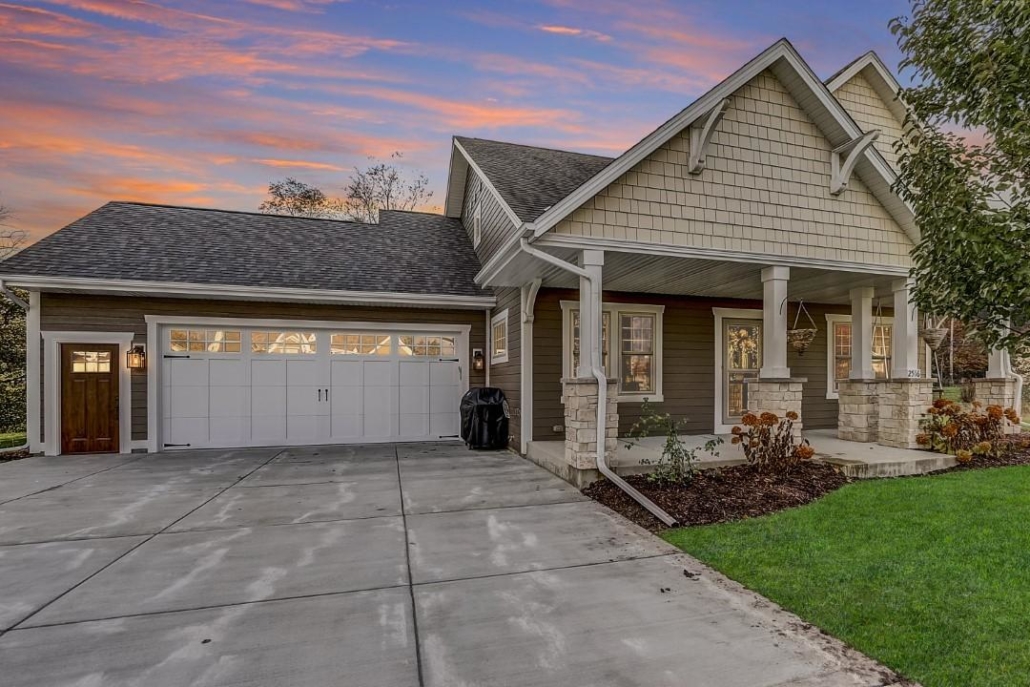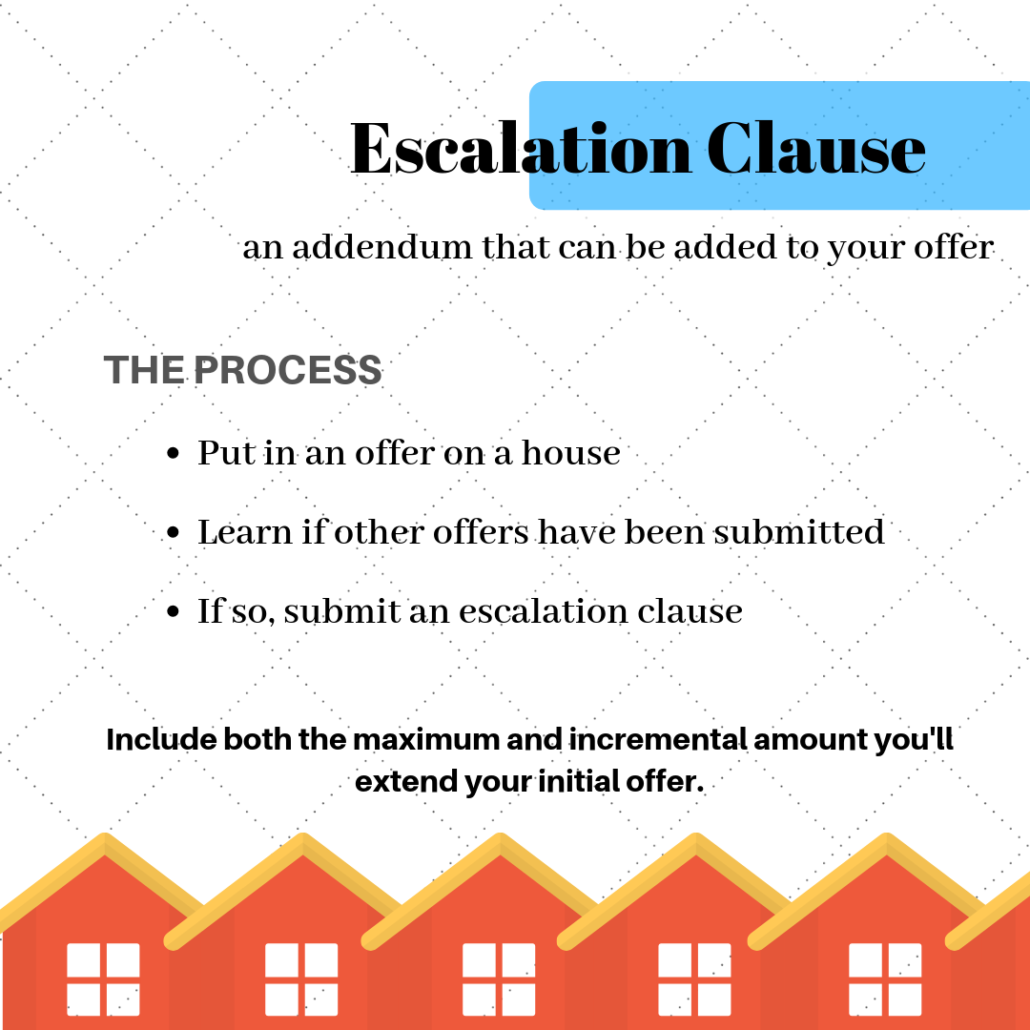Think You’re A Real Estate Pro? Take the Quiz and Find Out!
When it comes to real estate knowledge, are you as seasoned as an agent or still renting a studio? See how you stack up with our real estate quiz!
1. What does a buyer do FIRST when they find a house they want?
A. Hand over cash to the seller.
B. Set a closing date.
C. Write an offer.
D. Sell their current house.
2. True or False: A house can’t fail a home inspection.

3. What happens when a real estate agent refers you to another agent?
A. You pay both agents separately.
B. The referral agent gets a cut from the selling agent’s commission.
C. The agent who is referred gets their entire commission.
D. The referral agent automatically gets the next closing.
4. Which of the following is NOT a downside to FSBO (For Sale By Owner)?
A. It’s a lot of work.
B. A property could sit on the market for a longer period of time than normal.
C. A property could sell for less than if the sellers had an agent.
D. Sellers won’t have to pay agent commissions.
5. What can a non-recourse loan be used for?
A. Purchasing a home.
B. Purchasing just a vacation rental property.
C. Purchasing just a long-term tenant rental.
D. Purchasing properties that are turned into rentals (regardless of type).
6. Why is “We Buy Houses For Cash” a bad idea? Choose all that apply.
A. It’s a scheme that only offers cash for sales.
B. It’s a scheme that preys on the vulnerable.
C. Sellers tend to massively lose out on their home’s actual value.
D. It’s a scheme that takes any property, which hurts future buyers.
7. True or False: It’s a bad idea to list your home in the fall.

8. What is an escalation clause?
A. An addendum that sellers include in their home listing.
B. An addendum that buyers can add to their offer.
C. An addendum that real estate agents write up at closing.
D. An addendum that lawyers add in at closing.
9. Which of the following is NOT an advantage to building a house?

A. Getting to customize the design.
B. Having more control in a house’s structure/overall look.
C. Typically more expensive than buying.
D. Can add in features that are more expensive to install on an existing house.
10. What’s the difference between a vacation rental and long-term tenant rental?
A. Long-term tenant rentals are for people living in the property for a longer amount of time (usually on a lease), vacation rentals are for guests to rent during travel.
B. Vacation rentals are only in tropical locations, long-term tenant rentals are in cities.
C. A vacation rental has to be listed on Airbnb and a long-term tenant rental is listed with VRBO.
D. Long-term tenant rentals are exclusive properties that people rent first, then buy.
Answers
1. What does a buyer do FIRST when they find a house they want?
A. Write an offer. The sellers have to accept the offer in order for the sale and eventual closing to go through.
2. True or False: A house can’t fail a home inspection.
True. Home inspections solely look at the conditions of a house. Even if your house has major repairs needed, you won’t “fail” an inspection.

3. What happens when a real estate agent refers you to another agent?
B. The referral agent gets a cut from the selling agent’s commission. Referral agents traditionally get 25% of a closing agent’s commission.
4. Which of the following is NOT a downside to FSBO (For Sale By Owner)?
D. A property could sell for less than if the sellers had an agent. Real estate agents have more of a pulse on listings and pricings and can get sellers the best deal.
5. What is a non-recourse loan used for?
D. Purchasing properties that are turned into rentals (regardless of type). As long as the home was built after the ‘40s and is not the owner’s primary residence, a property will qualify.
6. Why is “We Buy Houses For Cash” a bad idea? Choose all that apply.
B. It’s a scheme that preys on the vulnerable.
C. Sellers tend to massively lose out on their home’s actual value.
7. True or False: It’s a bad idea to list your home in the fall.
False. That myth might have once had more truth to it, but in this day and age you can still list your home in the fall (or winter, for that matter).
8. What is an escalation clause?
B. An addendum that buyers can add to their offer. Escalation clauses give a buyer’s offer a boost. If there are other interested buyers, this clause allows buyers to say “I’ll increase my offer by [x incremental dollars].”
9. Which of the following is NOT an advantage to building a house?
C. Typically more expensive than buying.
10. What’s the difference between a vacation rental and long-term tenant rental?
A. Long-term tenant rentals are exclusive properties that people rent first, then buy.
If you got all 10 right…
You are a seasoned real estate pro! Are you sure you’re not a real estate agent?
If you got 7 to 9 right…
You are at least a second-time homeowner! You have tons of insights that you’ve gained over the years.
If you got 4 to 6 right…
You’re a first-time homebuyer! You’re learning lots and it’s starting to show.
If you got 3 or less right…
You’re a renter! Good for you for building your real estate knowledge — keep going!




